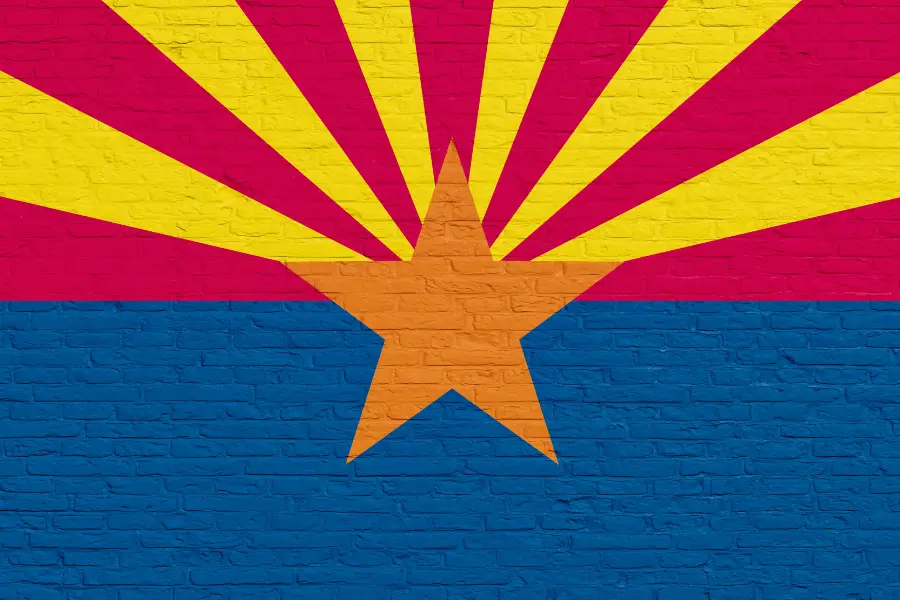The state has 22 official tribes, but its sports betting legalization law passed in 2021 allowed for only 10 betting licenses. So after 16 tribes applied, six were shut out.
“This goes back to the challenge with this piece of legislation, which I’ve said from the beginning is what happens if you have more tribes applying than licenses available,”
Brendan Bussmann, the director of government affairs for Las Vegas-based Global Market Advisors, told the Las Vegas Review-Journal two years ago.
“That’s why I thought the limitations they placed on this from the beginning were not in the best interests of the tribes and the overall market.”
Further complicating the matter is that the Arizona Department of Gaming had only a few weeks in August 2021 to determine tribal “winners and losers.”
The official criteria for choosing tribes who would receive licenses included:
“experience and track record for event wagering; the size of the operation; a commitment to make local investments; a preference that licenses be distributed among nongaming tribes, rural gaming tribes, and tribes located relatively near metropolitan areas in the state; and the ability to begin operating within six months.”
It was no surprise that the Navajo Nation, the largest tribe in the U.S., was selected – it created a partnership with the Hard Rock gaming company.
Other partnerships chosen by the department for licenses:
- Fort Mojave Indian Tribe, with Las Vegas-based Superbook.
- San Juan Southern Paiute Tribe, with Digital Gaming Corp.
- Quechan Tribe, with Unibet.
- Hualapai Tribe, with Golden Nugget.
- San Carlos Apache Tribe, with WynnBET.
- Tonto Apache Tribe, with TwinSpires.
- Fort McDowell Yavapai Nation, with Betfred.
- San Juan Southern Paiute Tribe, with BetWay.
- Tohono O’odham Nation, with Desert Diamond.
- Ak-Chin Indian Community, with Fubo Gaming, before Fubo ceased operations in 2022.
Charlene Jackson, an attorney who represents the Hualapai Tribe, told The Phoenix New Times in December that 10 tribal sports betting licenses seemed like an appropriate number for the state to offer. Another 10 licenses were granted to Arizona professional sports teams.
“We did not know that the market would hold that [amount]. If a tribe went to market and shut its doors, that would be worse.”
Other States are Doing Things Differently
States such as Michigan – with two tribes – and Connecticut – with two – set aside enough sports betting licenses for each one. Why didn’t Arizona do that?
One attorney who helped negotiate the deal for the 10 tribal licenses said then-Gov. Rob Ducey initially only wanted to allow for six – and once that number was raised to 10, the expectation was that there would be no more than that many applicants.
Do Arizona’s left-out tribes – state officials did not name the six unsuccessful applicants – have a chance of a belated entry into sports betting? That doesn’t appear likely.
A bill filed by state Senator Sally Ann Gonzales in January 2022 to offer every tribe in the state a chance to obtain a sports betting license has languished in the statehouse in Phoenix.





